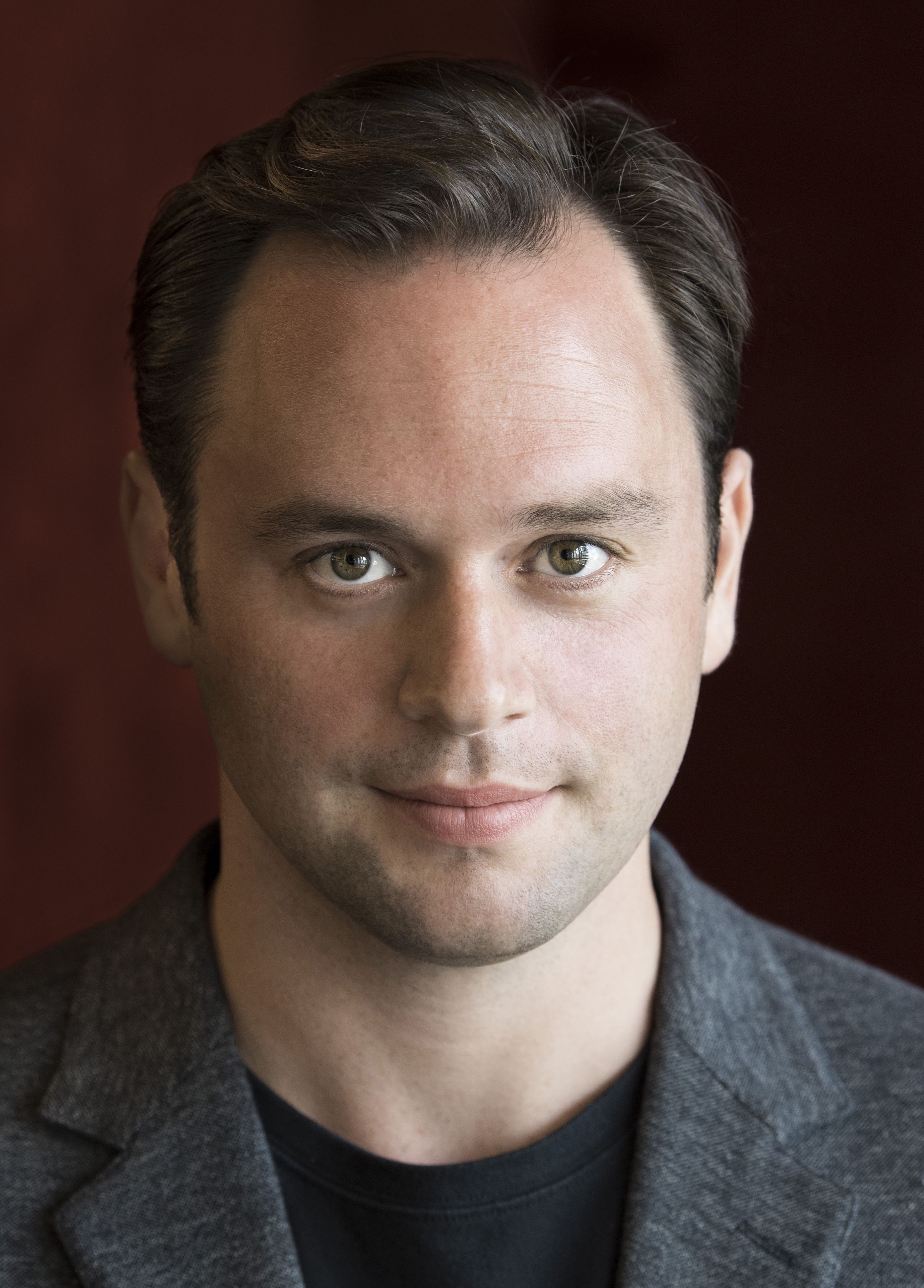Admired for his interpretive depth, vocal strength, and range of expressivity, tenor Paul Appleby is one of the most sought-after voices of his generation. A versatile artist, he is equally in demand on the world’s leading concert, recital, and opera stages.
The tenor’s dedication to performing in the great concert halls of the world has yielded collaborations with his frequent partner, Manfred Honeck, in performances of Berlioz’s Te Deum with the Pittsburgh Symphony and a debut at the Ravinia Festival with Marin Alsop leading the Chicago Symphony Orchestra in Beethoven’s Ninth Symphony. This past season, he also made an Edinburgh International Festival debut in Handel’s Samson with the Dunedin Consort under the baton of John Butt and performed Bernstein’s Songfest, both at Carnegie Hall with Marin Alsop leading the Juilliard Symphony Orchestra and at the Glasgow Royal Concert Hall with Thomas Dausgaard on the podium of the BBC Scottish Symphony Orchestra. Paul Appleby presented solo recitals at The Wigmore Hall and on Carnegie Hall’s Zankel Hall stage. Operatic performances featured prominently in the second half of the 2018-19 season with the title role of Pelléas et Mélisande both at the Metropolitan Opera conducted by Yannick Nézet-Séguin and at Dutch National Opera conducted by Daniele Gatti; John Adams and Peter Sellars’ Girls of the Golden West at Dutch National Opera led by Grant Gershon; Don Giovanni at the Metropolitan Opera with Cornelius Meister on the podium; and a debut at the Gran Teatre del Liceu in the title role of Candide conducted by John DeMain.
Paul Appleby made his Festival d’Aix-en-Provence debut in summer 2017 in a new production of Stravinsky’s The Rake’s Progress directed by Simon McBurney and created the role of Joe Cannon in the world premiere of John Adams and Peter Sellars’ Girls of the Golden West at San Francisco Opera. Later in 2017-18, Paul Appleby returned to Dutch National Opera revisiting McBurney’s production of The Rake’s Progress in its Dutch premiere conducted by Ivor Bolton.
A robust concert calendar in recent seasons has brought the tenor together with Philippe Jordan and the orchestra and chorus of the Opéra de Paris in Berlioz’s Béatrice et Bénédict at the Palais Garnier, with Gustavo Dudamel and the Los Angeles Philharmonic in concert performances of Die Zauberflöte and Mozart’s seldom heard Laut verkunde unsre, with David Zinman and the Bamberger Symphoniker for Elgar’s The Dream of Gerontius, and with Jeffrey Kahane and the Los Angeles Chamber Orchestra for Beethoven’s Ninth Symphony.
Operatic highlights of the recent past include new productions at Glyndebourne by Barrie Kosky of Handel’s Saul conducted by Ivor Bolton and by Laurent Pelly of Béatrice et Bénédict conducted by Antonello Manacorda, The Magic Flute at San Francisco Opera led by Lawrence Foster and at Washington National Opera conducted by Philippe Auguin, Offenbach’s The Grand Duchess of Gerolstein at the Santa Fe Opera, and a new production of The Rake’s Progress directed by Axel Weidauer at Oper Frankfurt. Paul Appleby’s extensive performance history with the Metropolitan Opera includes The Rake’s Progress, Belmonte in Die Entführung aus dem Serail, and David in Die Meistersinger von Nürnberg and the lead role of Brian in the North American premiere of Nico Muhly’s Two Boys under the baton of David Robertson.
Profoundly committed to the art of song, the tenor made his Wigmore Hall recital debut in 2016 accompanied by Malcolm Martineau and has toured North America extensively with pianists Natalia Katyukova and Ken Noda.
Mr. Appleby’s discography includes projects for Delos, Virgin Classics, Opus Arte, EMI’s Juilliard Sessions, and Nonesuch. Nico Muhly’s opera, Two Boys, released by Nonesuch, was recorded live by the Metropolitan Opera, and DVD’s of Glyndebourne’s acclaimed presentation of Handel’s Saul (2015) and Berlioz’s Béatrice et Bénédict (2016) were released commercially by Opus Arte. Delos released Dear Theo, the first album dedicated solely to works by American composer Ben Moore, featuring the song cycle from which the album takes its name accompanied by Brian Zeger, as well as the bonus track, Mr. Moore’s widely performed setting of W.B. Yeats poem, “The Lake Isle of Innisfree.”
Paul Appleby is a graduate of Metropolitan Opera’s Lindemann Young Artist Development Program. A recipient of an Artist Diploma in Opera Studies at The Juilliard School, he also has received a Master’s Degree from Juilliard and a Bachelor’s Degree in English Literature and in Music from the University of Notre Dame.


